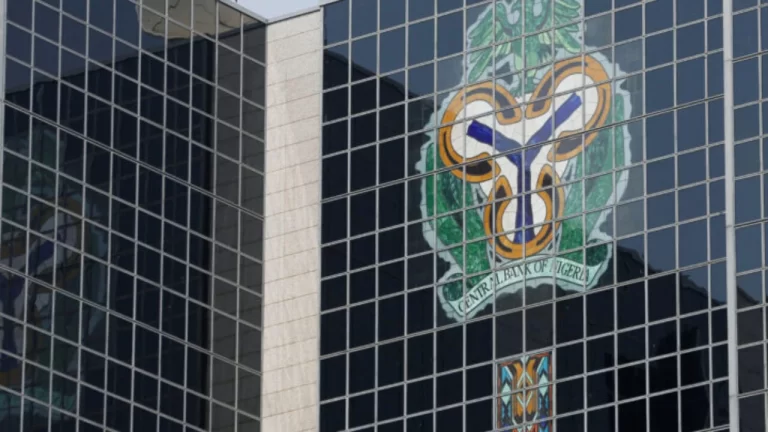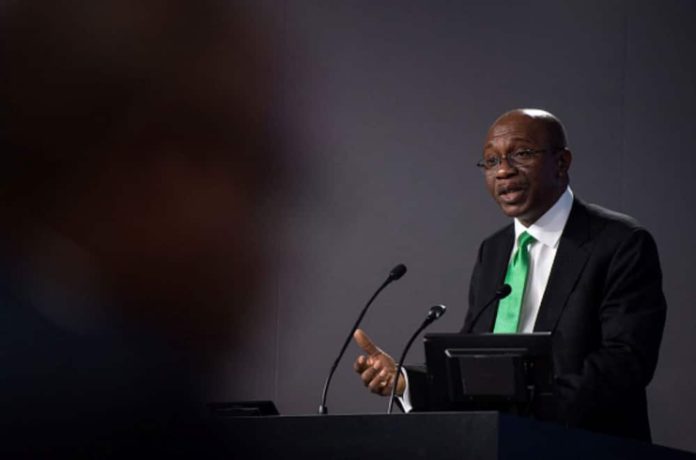
Do you have a dormant account? You may need to reactivate it soon because the Central bank of Nigeria is coming for it.

In a time of desperate need to find idle cash to lend to a revenue shy Federal Government, the Central Bank of Nigeria (CBN) is considering the idea of implementing the Escheat Regulations.
Escheat Regulations
Escheat Regulations refers to States generally require financial institutions to turn over to the state, any investment accounts that have been “abandoned” for a specified number of years.
Reacting to it, global development economist, Kazeem Bello, admitted the policy has tremendous benefits for monetary policy management and control, especially for large economies like Nigeria.
“It is also a strong policy instrument to fight corruption, money laundering, illicit and hiding deposits with potential to earn illegal interest on perpetuity, a crime that most Nigerian banks commit on a regular basis.
According to him, “the CBN intention clearly was instigated by the desperate need to find idle cash to lend to a revenue shy FGN.”
“In November last year, I posited that the CBN would be under tremendous pressure to continue to bail out the FGN due to declining revenues to fund the budgets. This is one of such desperate moves, plain and simple,” he said.
Bello, argued further that it was surprising that the CBN did not target the private sector that has been virtually crowded out of the credit market due to the excessive domestic borrowing by the federal government.
The private sector credit expansion has severely declined due to the huge borrowing from the public sector to fund non-productive activities.
Read Also: Lekki Port: TTP To Resolve Traffic Jam With ‘Eto’ Call-up System
Dormancy period for the majority of unclaimed property spans between three to five years, depending on the country’s policy and this can apply to accounts holding little amount of money where no transactions are taking place.
Other Considerations
This is having its tolls on inflation, and it does not generate economic activities necessary to propel growth, generate increased gross domestic product, and help improve employment.
Questioning whether CBN carried out a “rigorous” forensic investigation of those funds, he said: “By accruing the funds without such a forensic investigation simply, to me, is tantamount to money laundering, and I am bold to accuse the CBN of perpetrating and aiding corruption.
“We need to know and determine who owns those idle deposits in the first place, why are they abandoned, who open the account or who is benefiting from the dormancy of those deposits, and so many questions before determining if those funds are not, indeed, previously stolen funds simply abandoned”.
You Can Also Read: Russia-Ukraine War: Ukraine Speaks On Leaked Pentagon Documents
Around the globe, escheat regulations are used for top risk management mitigating strategies.
Interestingly, they have been used in the United States to track drug funds, money laundering, tax evasion and other funds.
Bello pointed out that when such funds are converted into instruments for cash related activities or trading, they should be made accessible to both the public and private sectors, including the state governments.